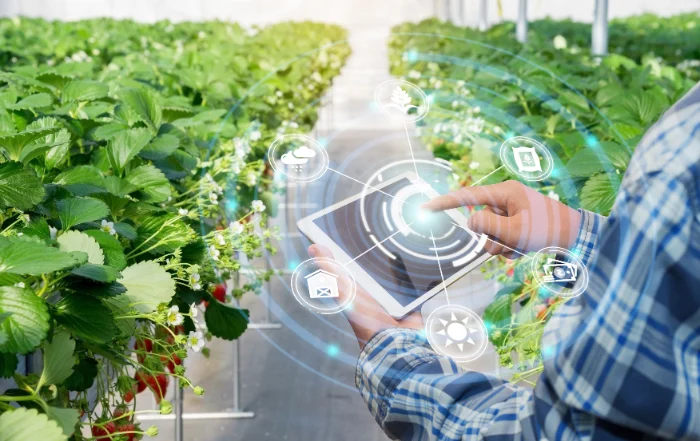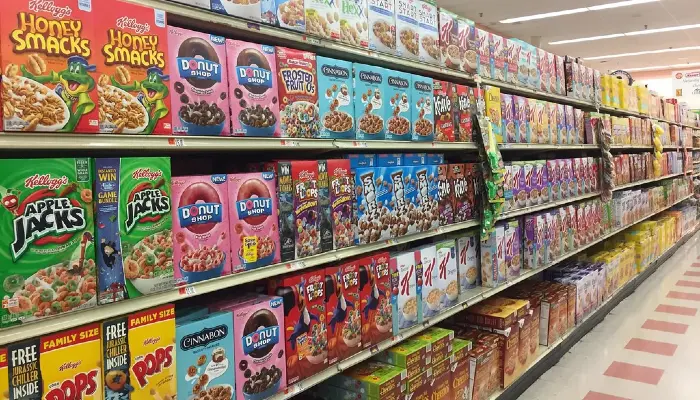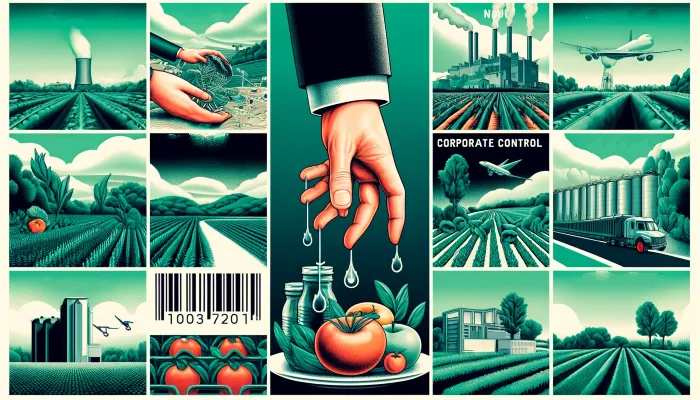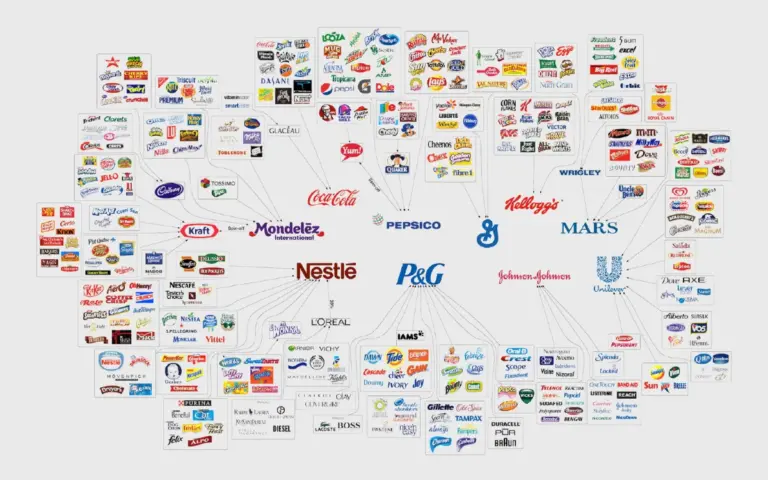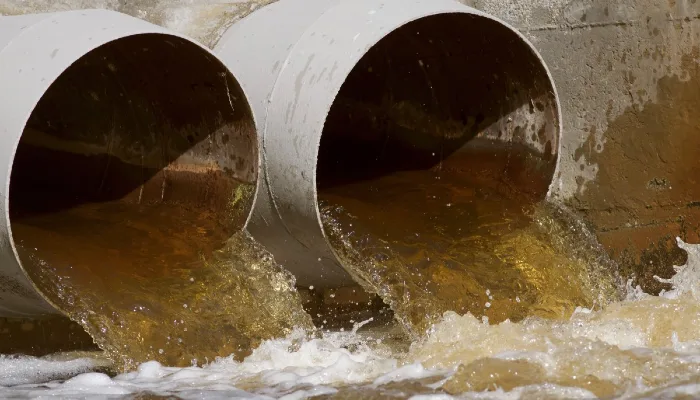Picture this: you’ve got an app for analyzing sales data, another one for automating lighting and temperatures, and now, there’s even an app for farming.
Wait, what? Is this the future we’ve all been waiting for?
Let’s dive into the story of David Wallace, a data scientist turned farmer who hails from the potato-growing haven of Skagit Valley in Washington State. After pursuing a career in chemistry, he couldn’t resist the magnetic pull of his farming roots.
While visiting his family’s farm, he discovered a major pain point—inefficient irrigation systems that wasted copious amounts of water and time.
Hearing his father’s frustration, Wallace knew he had to do something.
Enter FarmHQ, a brainchild born out of necessity and powered by Wallace’s coding prowess.
This ingenious system attaches to the irrigation network, harnessing the power of cloud-based software to monitor and control water flow.
It’s like having an irrigation wizard in your pocket!
With weeks of tinkering and testing on his own farm, word quickly spread about the time-saving marvel that is FarmHQ. Now, it’s being used on about 30 farms across the Pacific Northwest, with plans for even greater expansion. Wallace bid farewell to his old data scientist job and embarked on a mission to revolutionize farming through technology.
According to Wallace, FarmHQ isn’t just a cool gadget—it’s a game-changer. He proudly proclaims, “These systems pump anywhere from 250 to 400 gallons of water per minute over a very small area of land. We can calculate directly how much pumping time and how much water is saved as a result of having our system on board.”
That’s not all!
The app’s accurate equipment tracking eliminates the need for countless field trips, saving farmers valuable time and resources.
Imagine the convenience of having all your irrigation data neatly organized and accessible with a few taps on your smartphone.
But FarmHQ is just the tip of the iceberg when it comes to tech transforming agriculture.
Enter Agworld, the farmer’s trusty sidekick—a management tool that takes data collection and analysis to the next level. Zach Sheely, the president of Agworld, explains its purpose, saying, “We wanted to simplify all the inputs of information with which a farmer has to deal on a daily basis.”
From tilling and spraying to irrigation and weeding, Agworld collects and organizes every farming detail. And the best part? It enables seamless information sharing. Need advice from an agronomist halfway across the globe?
More To Discover
- Hawaii Bids Farewell to Coal, Embraces Future with Massive Battery Storage System (Powered by Oil)
- Jet Fuel from Human Waste: A UK Company’s Sustainable Breakthrough
- At-Home Biogas Plant? Transforming Home Waste into Energy with a Compact Residential System
- Revolutionizing Fabric Recycling: New Method From Denmark Could Transform the Clothing Industry
No problem!
The app allows them to analyze your data and provide valuable recommendations, bridging the distance between farms and expertise.
Now, let’s step into the realm of futuristic farming: Freight Farms. It’s not your typical farm—it’s a farm in a box. Picture a shipping container packed with everything you need to grow crops, regardless of the geographical limitations or harsh weather conditions around you.
Marc Bliss, the customer success manager for Freight Farms, shares the excitement: “We have farms in Alaska, Norway, Sweden, Canada, the Caribbean, Egypt, the Middle East—you name it!”
With an app as your farming sidekick, controlling every aspect of the container’s environment becomes a breeze.
Adjust lighting, humidity, fertilizer, and water with a simple tap on your phone. It’s like having a personal farm assistant at your beck and call.
But with all these tech advancements, some concerns start to sprout like pesky weeds.
Anthropology and environmental studies professor Glenn Stone raises a valid point about the potential impact on smallholder farms and the risk of losing traditional farming knowledge.
He questions whether these technologies merely provide new information or appropriate the decision-making process itself. It’s a delicate balance between empowering farmers and potentially limiting their choices and profitability.
Yet, amidst the concerns, there’s an undeniable allure to the modernization of agriculture.
For a new generation of farmers, these technological advancements offer more than just convenience—they bring hope.
By reducing guesswork, offering remote monitoring, and automating essential tasks, tech makes farming more accessible and appealing.
It opens the door for a better work-life balance, enticing individuals who may have shied away from farming due to lifestyle constraints.
So, as we witness the digital revolution unfolding in the fields, let’s celebrate the transformation of farming and inevitably the end of back-breaking hard labor.
The days of relying solely on intuition and tradition are waning, making room for real-time information, increased control, and data-driven decision-making.
Technology is evolving at an unprecedented pace, promising to unlock new opportunities and improve the quality of life for those involved in the farming industry.
It’s time to embrace this fusion of farming and technology and sow the seeds of a brighter future.








